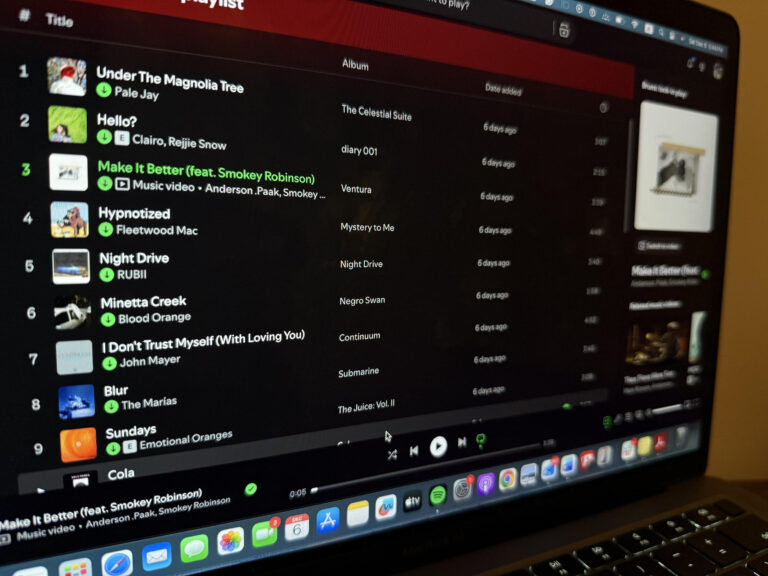New Brunswick’s healthcare system has been stretched far beyond its capabilities. The union representing the nursing homes and workers in NB says the government has failed those working in the sector. With more than 40 long-term care facilities struggling with COVID-19 outbreaks, the union president commented saying, “some are [handling Covid] well and doing it …
NB Nursing Homes: Is UNB Profiting off a Lack of Caretakers?

New Brunswick’s healthcare system has been stretched far beyond its capabilities. The union representing the nursing homes and workers in NB says the government has failed those working in the sector.
With more than 40 long-term care facilities struggling with COVID-19 outbreaks, the union president commented saying, “some are [handling Covid] well and doing it really well, and some so poorly, and with no direction and with no communication and no preventative plans in place.”
Special care home operators say the province plans to move some hospitalized patients into long-term care facilities in hopes to reduce the stress of COVID-19 on nursing staff. The government also plans on working with long-term care homes to create emergency care beds for hospitalized patients waiting to be placed in a home.
Although the movement of patients from hospitals to care homes will reduce the stress between hospital walls, nursing homes may not have the ability to handle the uptake in population. On average, living in a nursing home will cost you roughly $113 per day; a hefty rate for the elderly shows why some may not want to be moved into special care facilities.
In a press release, the provincial government said that the beds will provide alternative locations for those awaiting the availability of their preferred placement.
Jan Seely, President of the NB Special Care Home Association, said that the initiative is welcomed, but is long overdue. Seely said for years that the province has directed unreasonable proportions of people towards special care homes, where more intensive care can be received.
The province of NB aims to increase the amount of nurses that can aid patients by agreeing to a ten-year funding program with the Université de Moncton and the University of New Brunswick.
UNB will receive $1.785 million each year for graduating nurses above a baseline of 155 and will receive $35 thousand for every confirmed graduate above this baseline – up to 206 per year – which leaves room for an additional 51 seats. UNB has a possibility of earning up to $18 million.
“UNB and the province of New Brunswick have a shared vision of solving the grand challenges of New Brunswick’s healthcare system and this agreement is a step in the right direction,” said Paul J. Mazerolle, UNB’s president and vice-chancellor. “Our nursing programs are on a path of growth and focus on meeting the needs of New Brunswickers.”
“I think a lot of clients have waited unnecessarily long periods of time waiting in hospital or in unsafe situations at home and it took the global pandemic to move the idea forward of matching the cost of care to the service. And I’m thankful for that, but yes, people have suffered unintended consequences for waiting too long to be discharged properly,” said Amy McNair, owner and operator of Mcnair Manor in Moncton.
As COVID-19 restrictions decrease, so does funding for patient care.
With proper provincial leadership and initia tives, there is still hope for those in need of care. But it requires ambitious and community-based initiatives from a provincial level that will not focus on increasing the number of nurses, but rather increase the support systems and resources available that would allow for better mental and physical health in the nursing profession.
Keep in touch with our news & offers
Subscribe to Our Newsletter
Thank you for subscribing to the newsletter.
Oops. Something went wrong. Please try again later.





